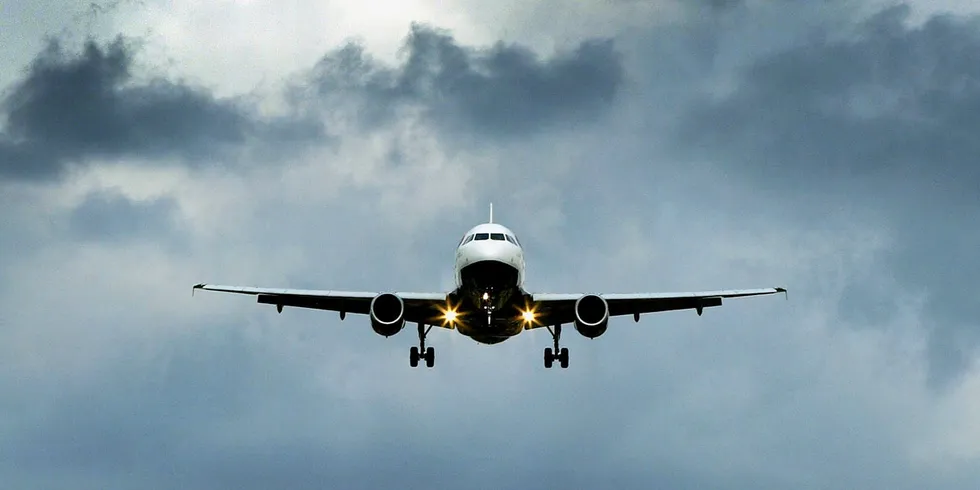Green hydrogen + captured CO2 | 'Unique and powerful' joint venture aims to produce 80,000 tonnes of aviation e-fuel annually
German power-to-X developer teams up with Portuguese paper giant to produce synthetic kerosene for existing planes

German power-to-X developer teams up with Portuguese paper giant to produce synthetic kerosene for existing planes
